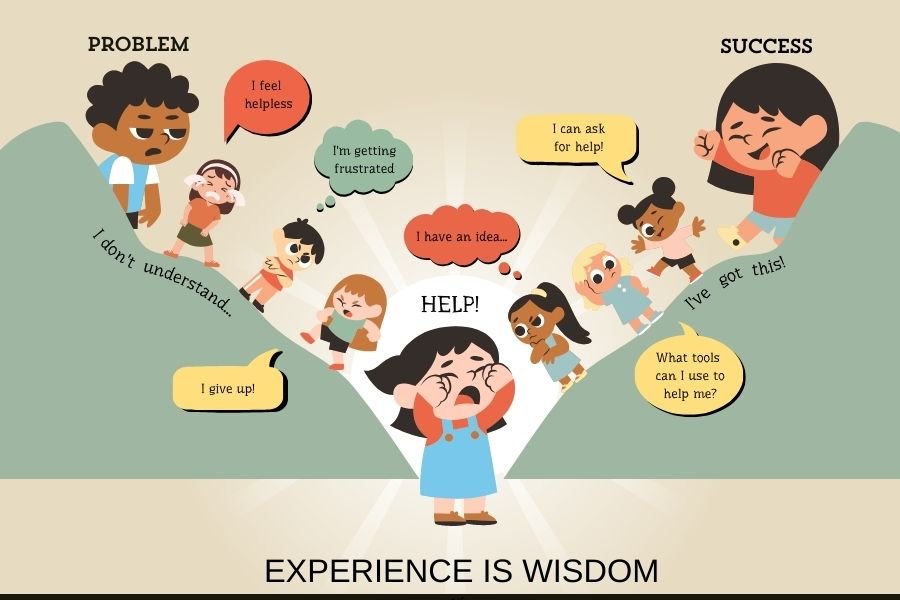We have all heard of “being comfortable in our own skin.” Most of us exist in a bubble with the assumption that we are, however, the question is, are we really comfortable with ourselves? Do we understand what drives us, what motivates us, and what makes us happy? To be able to really decipher the answers to these questions, we first need to develop an understanding of our emotions and experiences. This begins with being able to identify how we feel and having the ability to express these emotions in words. While some of us are lucky and know exactly how to do this, there are others, who have no clue and their pent-up emotions can lead to a lot of emotional upheavals. Equipping kids with the ability to be able to express themselves is very important. Going forward, considering the pace that the world is moving at, this will be an essential skill that will ensure the emotional well-being of our kids. Here are some simple ways to get started.
Give them time
Try not to tell a child to stop crying. Yes, you read that right! The problem with seeing a child crying is that we, as parents and educators, begin feeling helpless. At this point, we forget that it isn’t our emotions but the emotions of the child that are important. When a child cries, it is his or her way of expressing anger, frustration or hurt. Telling them to stop crying means belittling their emotions.
Get over it doesn’t work
There are times when a child’s problems seem rather minuscule in our big world perspective. But for them, their problem is huge. Telling a child to “get over it” does not help. It simply makes them feel that they do not matter. In situations like this, all that they usually need is someone who listens to them. As a caretaker, it helps to just hear them out. This is enough to validate that whatever bothers them is important.
Teach them to express
While listening to children is important, it is equally important to teach them how to express what they feel. Feelings and emotions need to be discussed and labeled. They should know how to identify what they feel and should know the words that can be used to describe them. Having the ability to tell a parent or a caretaker that they are angry, hurt, happy, contented, and so on makes them feel empowered.
At the end of it all, it is important for each one of us to know how to express ourselves and have people around who are willing to listen. This is the best way of knowing ourselves and being comfortable in our skin!














